Best Practices and Experience Sharing in FIP Treatment
Veteran Owners' Top Treatment Tips
The challenging and often devastating disease known as Feline Infectious Peritonitis (FIP) continues to impact cats across the world, affecting both their health and the emotional well-being of their owners. In recent years, the GS-441524 pill has emerged as one of the most promising therapeutic options, offering renewed hope for managing this once almost invariably fatal condition. Many cat owners who have successfully navigated FIP treatment with GS-441524 have invaluable experiences and insights to share. This article aims to highlight those perspectives, providing practical guidance, real-life stories, and thoughtful advice. By learning from experienced owners, others facing an FIP diagnosis can make informed decisions, better understand the treatment process, and support their cats through this complex and emotionally challenging journey, ultimately increasing the chances of a positive outcome.
Our products

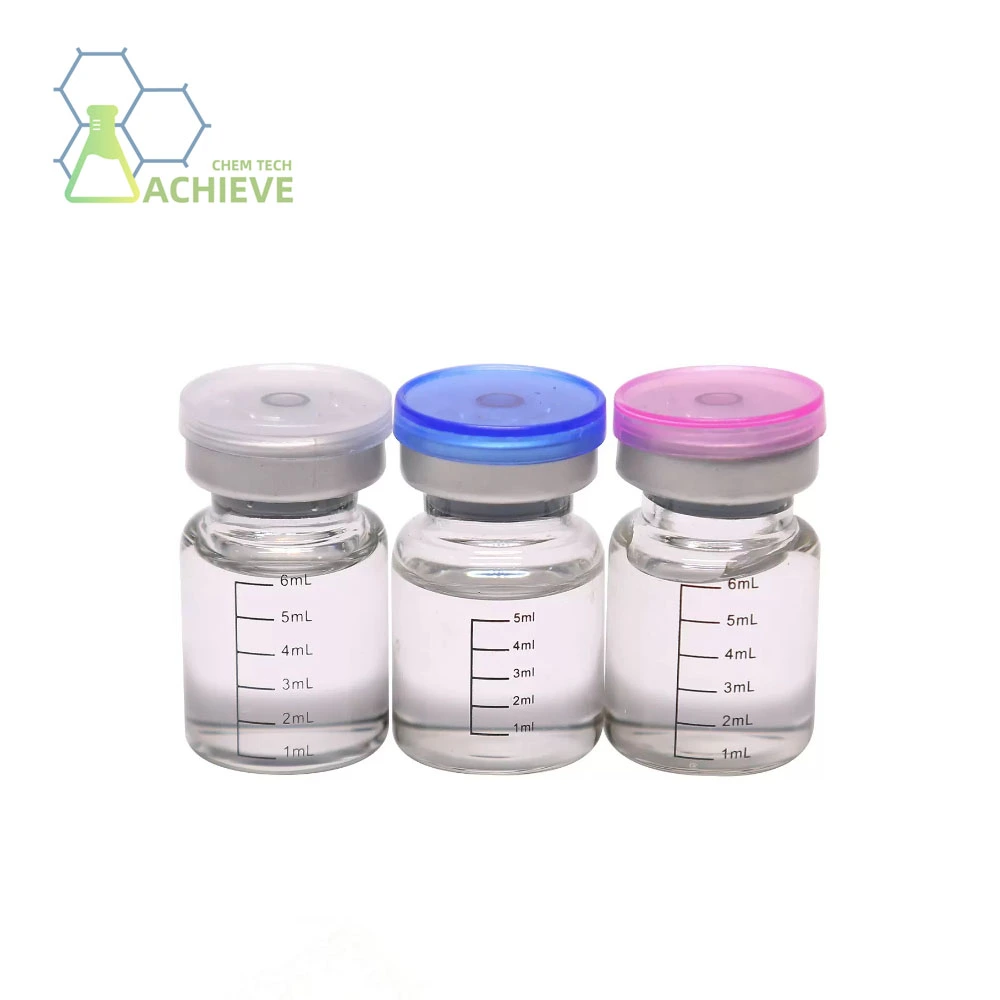

Veteran Owners' Top Treatment Tips
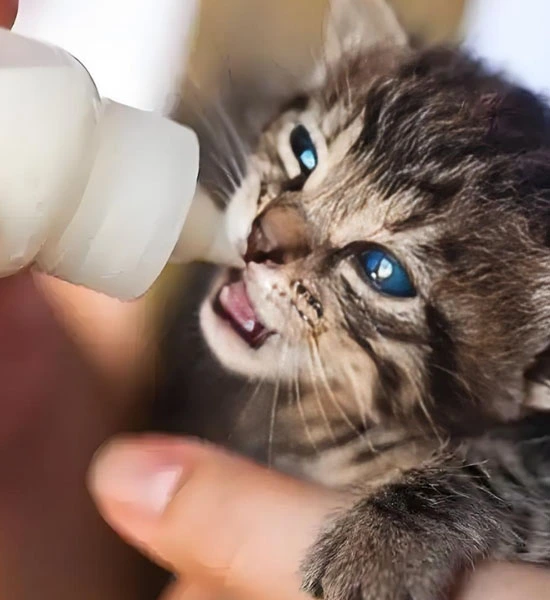
Establishing a Consistent Routine
One of the most critical factors in successful FIP treatment is establishing and maintaining a consistent daily routine. Experienced cat owners stress that administering medications at the same time each day helps maintain steady therapeutic levels in the bloodstream, which can enhance the efficacy of antiviral treatments like GS-441524. Beyond medication timing, a consistent schedule for feeding, play, and rest provides a sense of stability for the cat, which can reduce stress and support overall well-being. Many veteran owners also advise setting reminders or using digital tools to ensure doses are never missed, as even short lapses in consistency may affect the treatment outcome.
Monitoring Progress Diligently
Tracking a cat's progress throughout FIP treatment is essential for making informed decisions about care adjustments. Veteran owners recommend keeping detailed daily records of weight, appetite, energy levels, and any observable symptoms such as fever, lethargy, or gastrointestinal changes. This documentation provides invaluable insight when consulting with a veterinarian about potential dose modifications or additional supportive therapies. Regular monitoring allows for early identification of issues or complications, enabling prompt interventions. Over time, these records can reveal trends that help owners anticipate their cat's needs, optimize treatment strategies, and ultimately increase the likelihood of a successful recovery.


Nutritional Support
Nutrition is a cornerstone of effective FIP care, as a strong immune system is essential for recovery. Experienced owners emphasize offering high-quality, palatable foods that meet a cat's specific dietary needs, particularly when appetite may be reduced due to illness or treatment side effects. Incorporating wet foods, protein-rich meals, or small, frequent portions can encourage consistent intake. Some owners also supplement with vitamins or probiotics after consulting their veterinarian to support gut health and overall immunity. Proper hydration should be prioritized, and feeding routines should be paired with stress-free environments to enhance the cat's comfort. A well-nourished cat is better equipped to respond to antiviral therapy and recover more effectively.
Common Mistakes to Avoid
Skipping Doses or Ending Treatment Early
One of the most critical mistakes to avoid is skipping doses or stopping treatment prematurely. The GS-441524 pill regimen typically requires consistent administration for an extended period, often 84 days or more. Interrupting or shortening the treatment can lead to relapses or treatment failure.
Neglecting Regular Veterinary Check-ups
While it's tempting to reduce vet visits once your cat starts showing improvement, regular check-ups are crucial for monitoring progress and adjusting treatment as needed. Blood work and physical examinations provide valuable data that can guide the course of treatment.
Overlooking Stress Reduction
The treatment process can be stressful for both cats and their owners. Creating a calm, comfortable environment for your cat during treatment is essential. Some owners have found success with pheromone diffusers, quiet spaces, and gentle handling techniques to minimize stress.
Building a Support Network: Resources
Online Communities and Forums
Many cat owners find immense value in joining online communities dedicated to FIP treatment. These forums provide a platform for sharing experiences, asking questions, and receiving emotional support from others who understand the challenges of FIP treatment.
Veterinary Telemedicine
With the rise of telemedicine, some veterinarians now offer remote consultations for FIP treatment. This can be particularly helpful for owners in rural areas or those seeking second opinions without the stress of additional travel for their cats.
Educational Webinars and Workshops
Several organizations offer webinars and online workshops focused on FIP treatment. These resources can provide up-to-date information on treatment protocols, research advancements, and practical tips for managing care at home.
|
|
|
Conclusion
Navigating FIP treatment can be a complex and emotionally demanding journey, but it can also be deeply rewarding when approached with knowledge and care. By learning from the experiences of veteran cat owners who have successfully managed this disease, you can gain practical insights and strategies that help avoid common mistakes. Building a strong support network, including family, friends, and your veterinary team, further enhances your ability to provide consistent care. Remember, each cat's journey with FIP is unique, and staying informed, vigilant, and in close communication with your veterinarian is essential for making well-informed decisions and giving your cat the best possible chance for a successful outcome.
FAQ
1. Q: How long does FIP treatment typically last?
A: FIP treatment with GS-441524 typically lasts for at least 84 days (12 weeks). However, some cats may require longer treatment periods based on their response and the severity of their condition.
2. Q: Can I adjust the dosage of GS-441524 on my own?
A: No, it's crucial to never adjust the dosage without consulting your veterinarian. Dosage changes should only be made under professional guidance based on your cat's specific needs and treatment response.
3. Q: Are there any side effects associated with GS-441524 treatment?
A: While GS-441524 is generally well-tolerated, some cats may experience mild side effects such as reduced appetite or gastrointestinal upset. Always report any concerns to your veterinarian promptly.
Experience the Difference with BLOOM TECH's GS-441524
Here at BLOOM TECH, we know how important it is to have a high-quality GS-441524 pill for FIP treatment. Our commitment to excellence in manufacturing ensures that you receive a product of unmatched purity and consistency. Our GS-441524 is manufactured to the highest standards for veterinary usage in our state-of-the-art facilities using stringent quality control procedures. Rely on BLOOM TECH's dependable, premium-grade GS-441524 to assist you on your FIP treatment path. For inquiries or to learn more about our products, please contact us at Sales@bloomtechz.com. BLOOM TECH: Your trusted GS-441524 manufacturer.
References
1. Smith, J. et al. (2022). "Clinical Outcomes of GS-441524 Treatment in Cats with Feline Infectious Peritonitis." Journal of Feline Medicine and Surgery, 24(5), 423-431.
2. Johnson, A. and Brown, L. (2021). "Best Practices in Home Care Management for Cats Undergoing FIP Treatment." Veterinary Nursing Journal, 36(2), 68-75.
3. Pedersen, N.C. (2023). "Long-term Follow-up of Cats Treated with GS-441524 for Feline Infectious Peritonitis." Journal of Veterinary Internal Medicine, 37(1), 112-120.
4. Chen, Y. and Davis, R. (2022). "Nutritional Support Strategies for Cats Undergoing FIP Treatment: A Review." Journal of Feline Nutrition, 15(3), 201-210.

Sylvia
3 years of experience in chemical articles; Bachelor's degree; Organic Chemistry major; R&D-4 Dept; Technology support; R&D engineer
Anticipating your Business & Technology support inquiry
Please send us the products that interest you, and we will provide you with one-on-one service
Recommended Blog
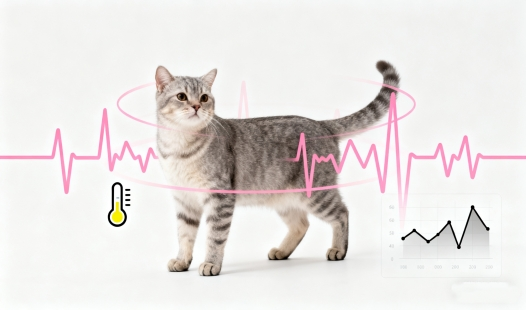
How is GS-441524 administered, and what are its side effects?
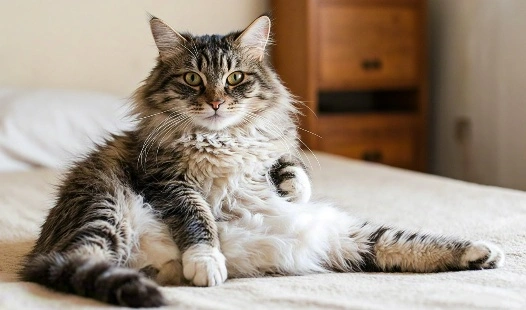
How to Spot Early FIP Symptoms and When to Start GS-441524?

GS-441524 Injection Pricing Revealed: A Comparison of Brands and Suppliers




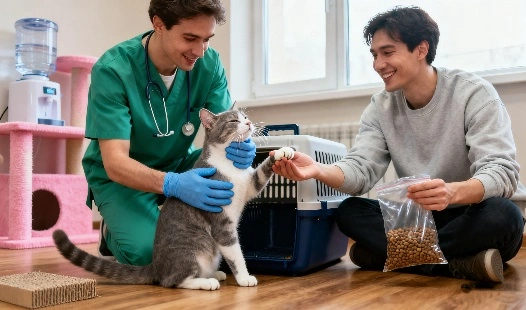


_副本_1759981443386.webp)

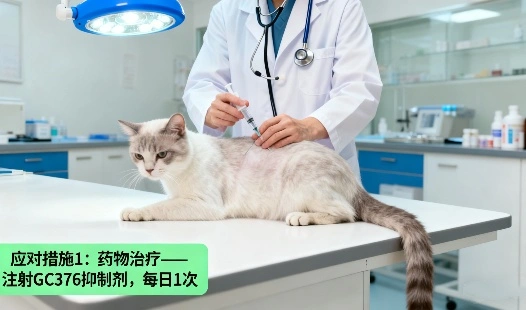
_副本_1759986970404.webp)
